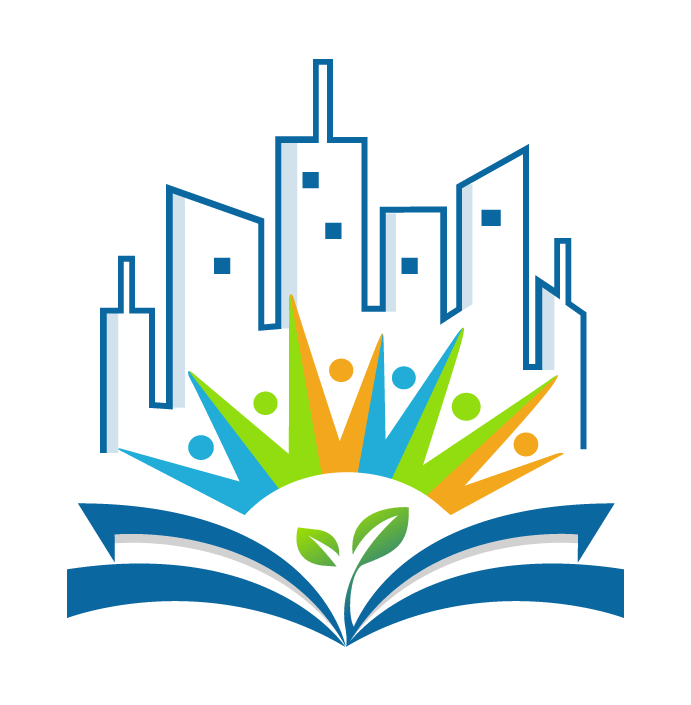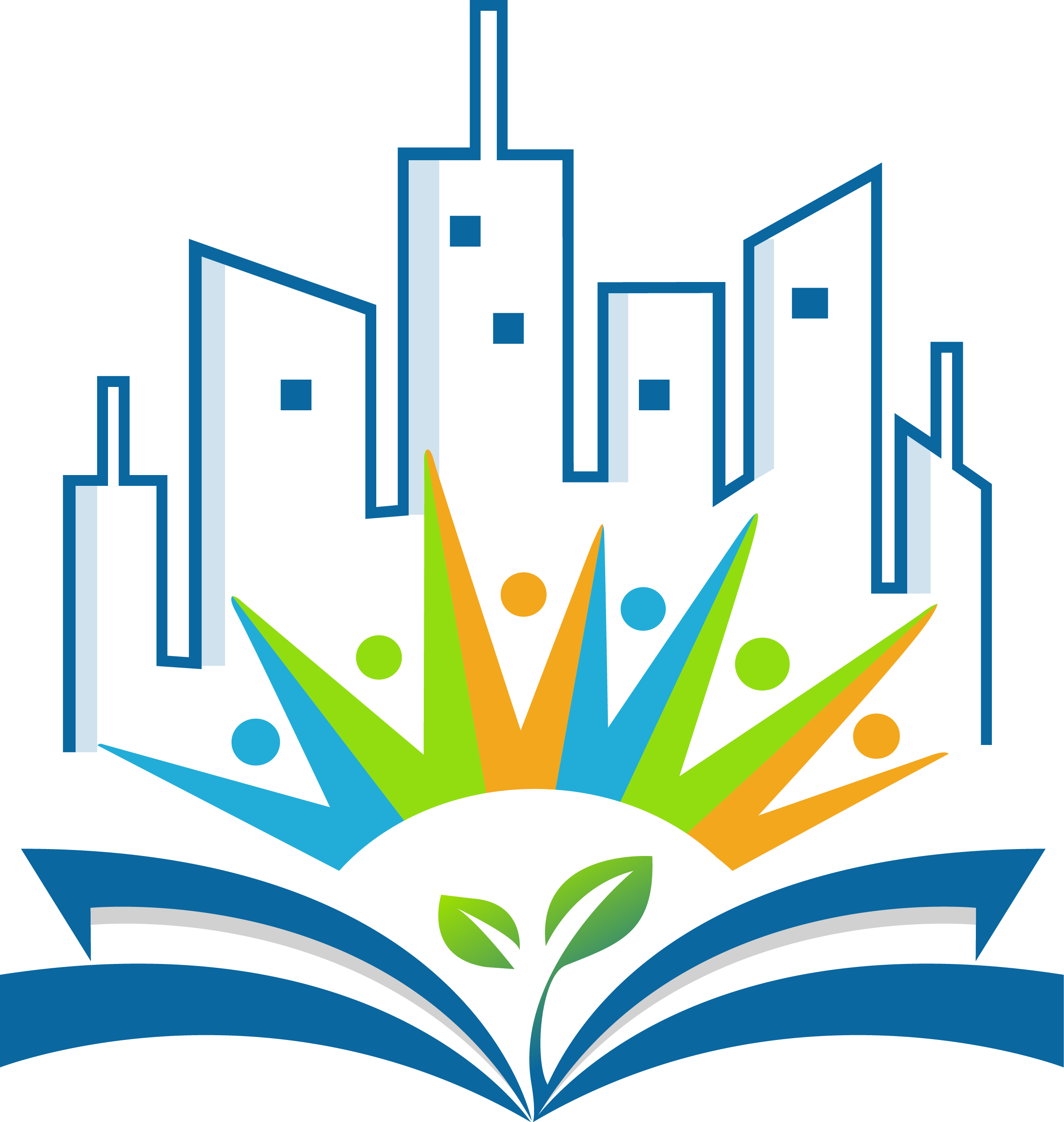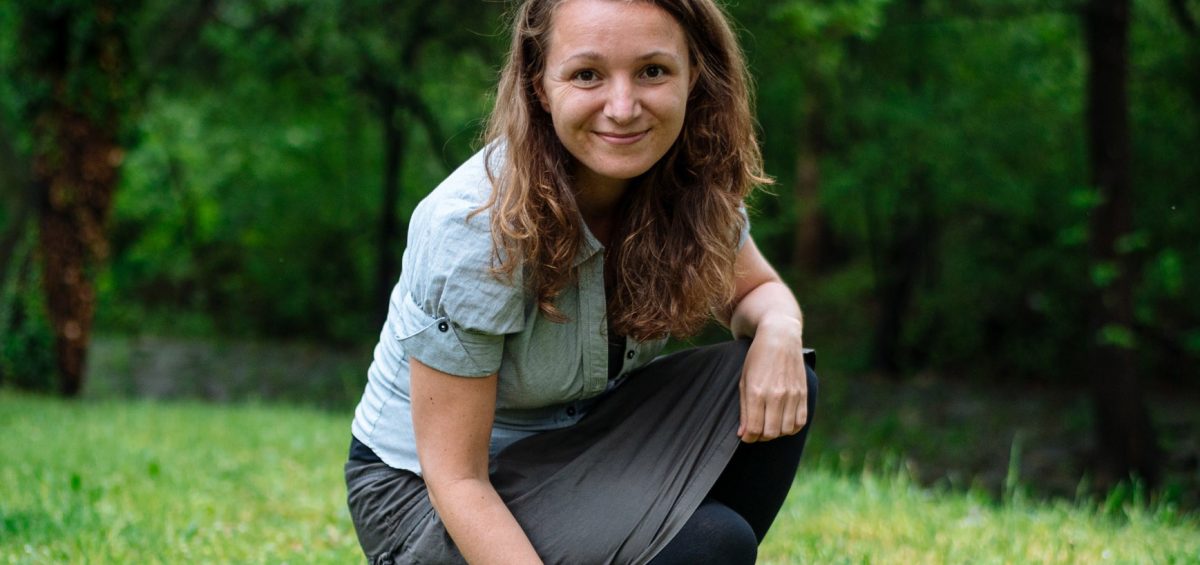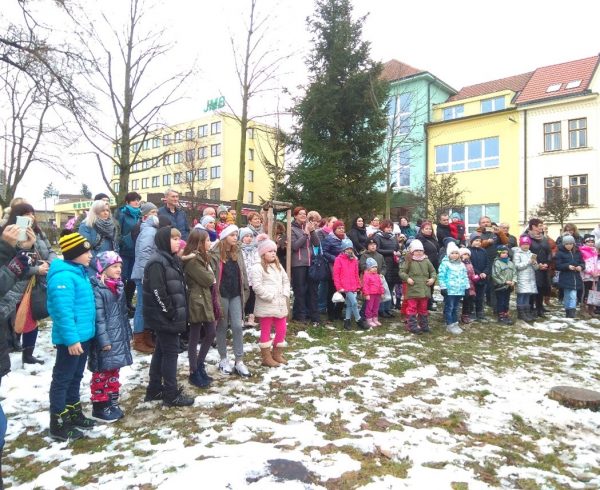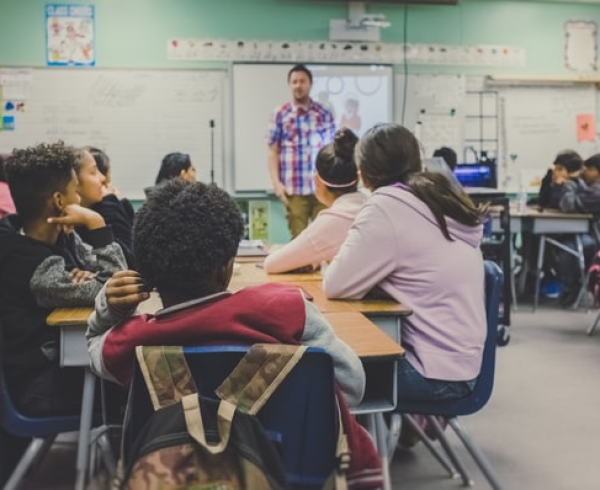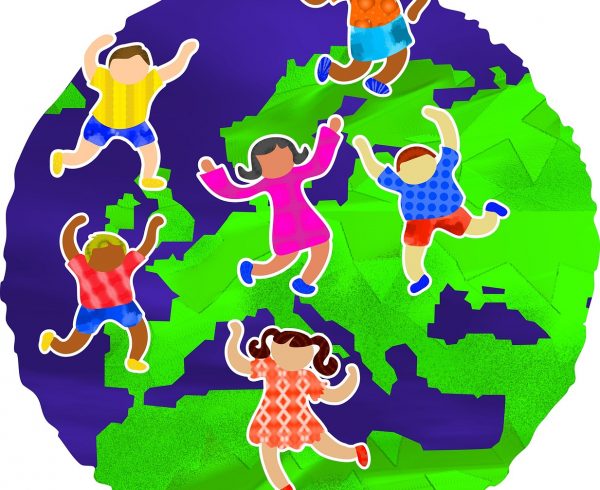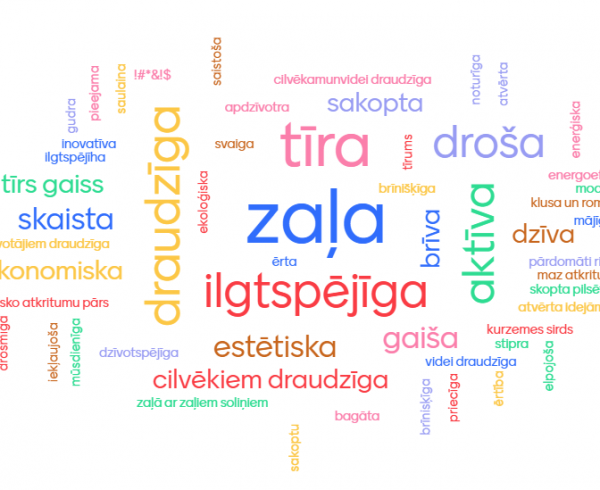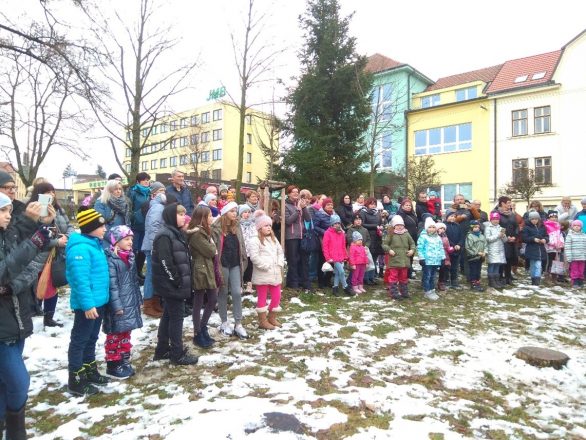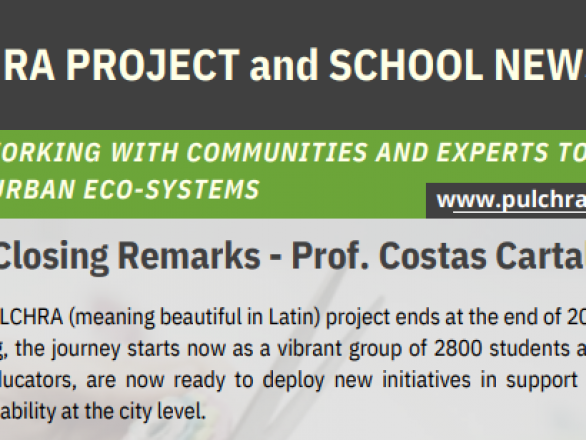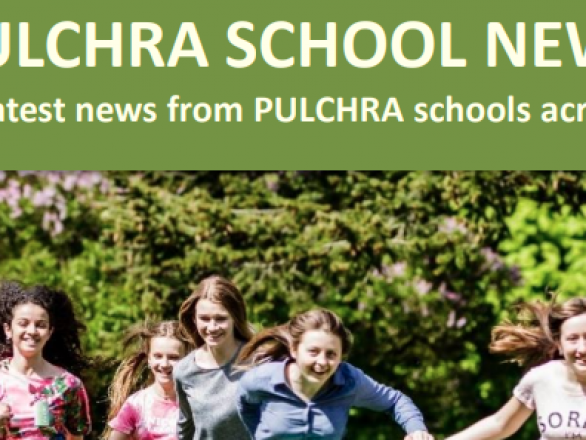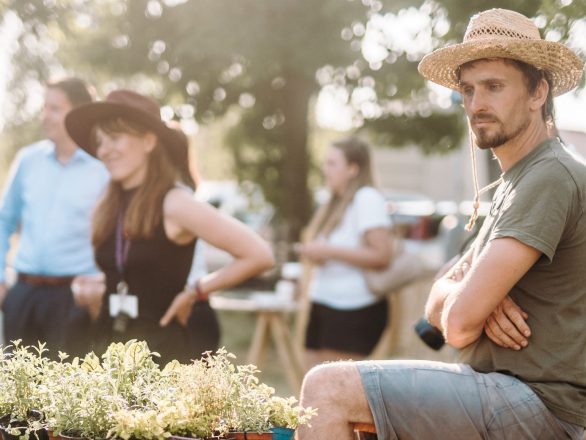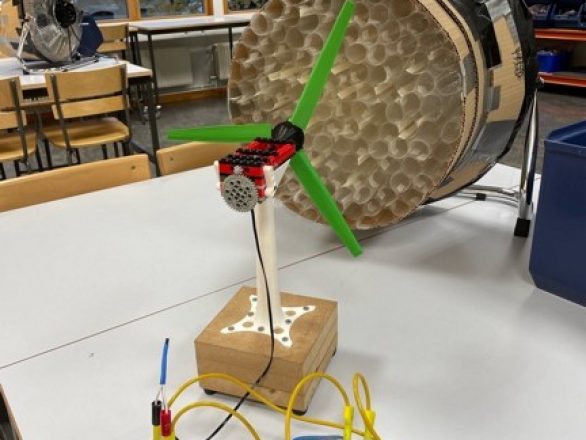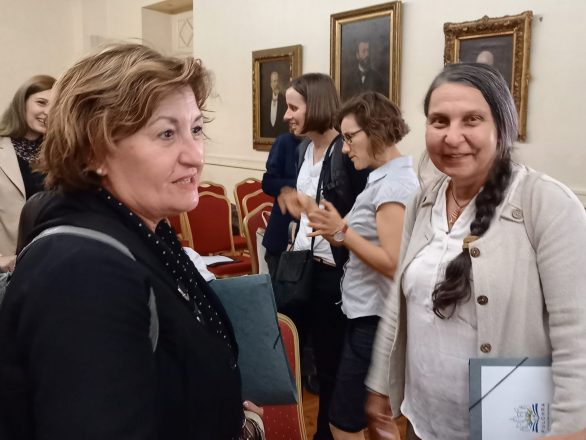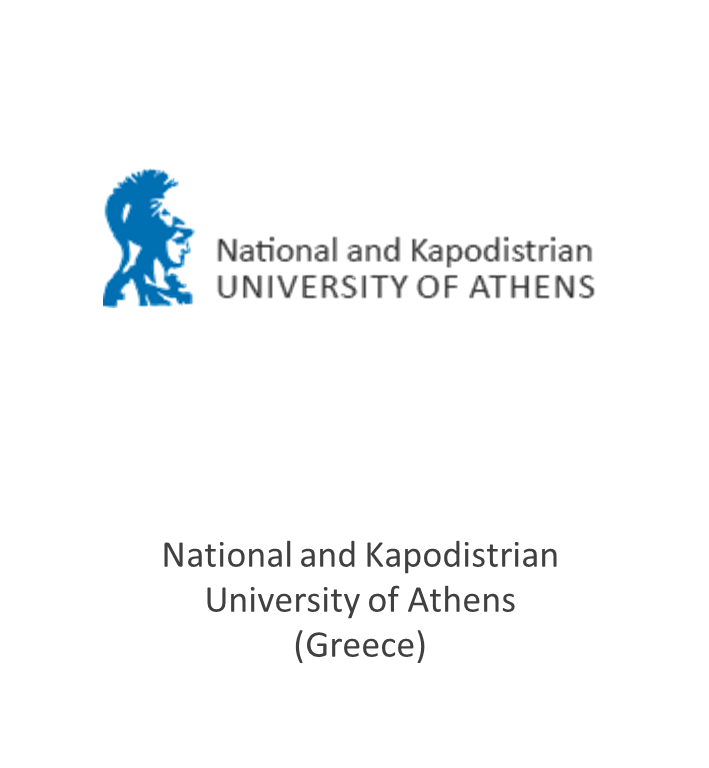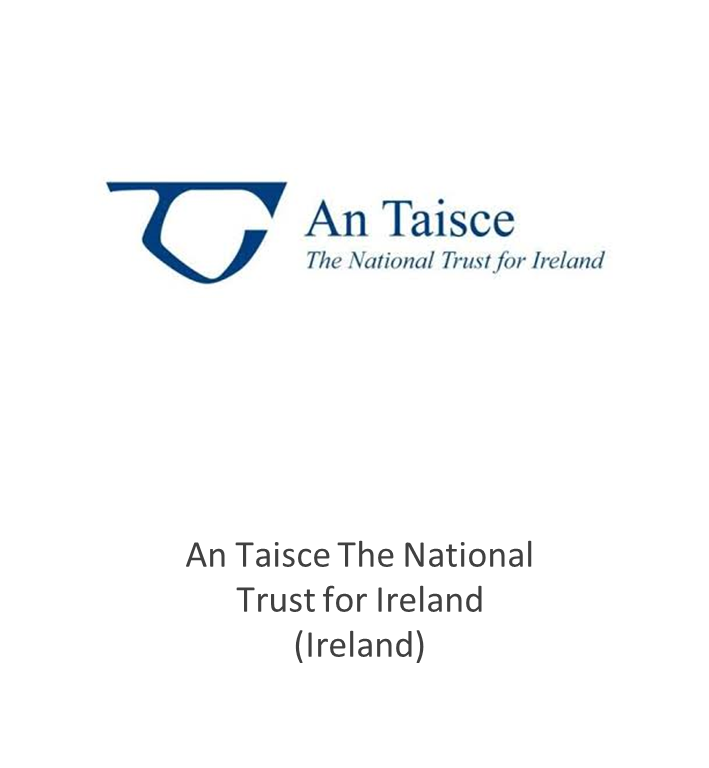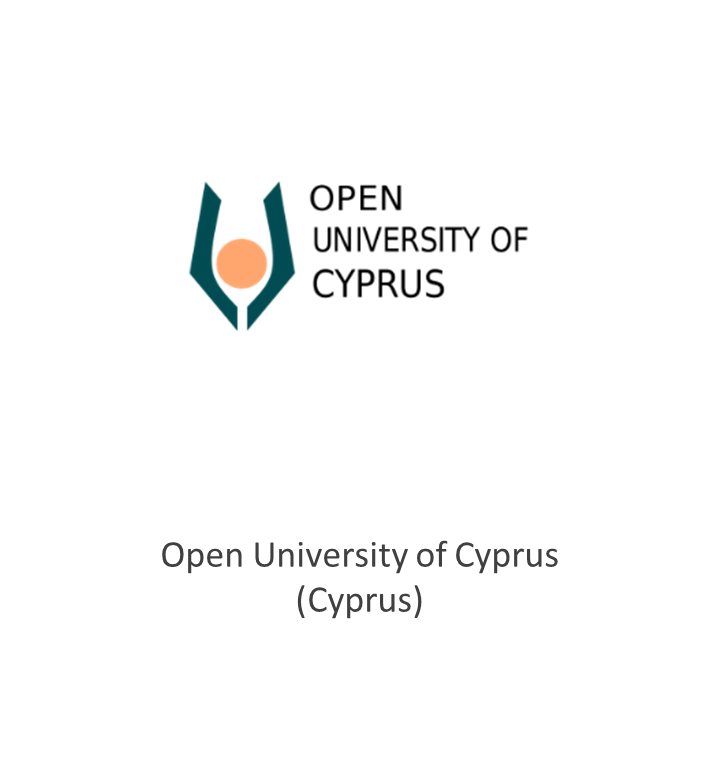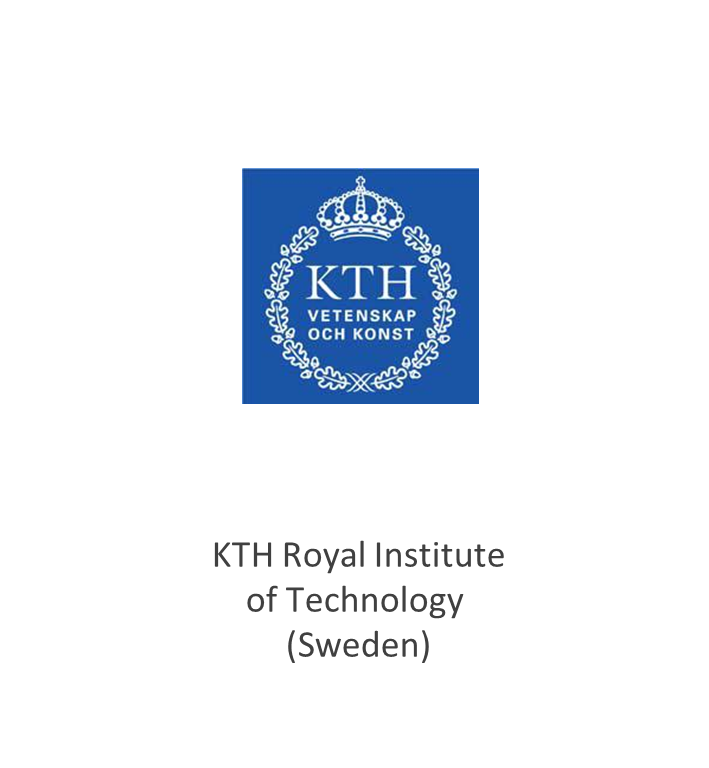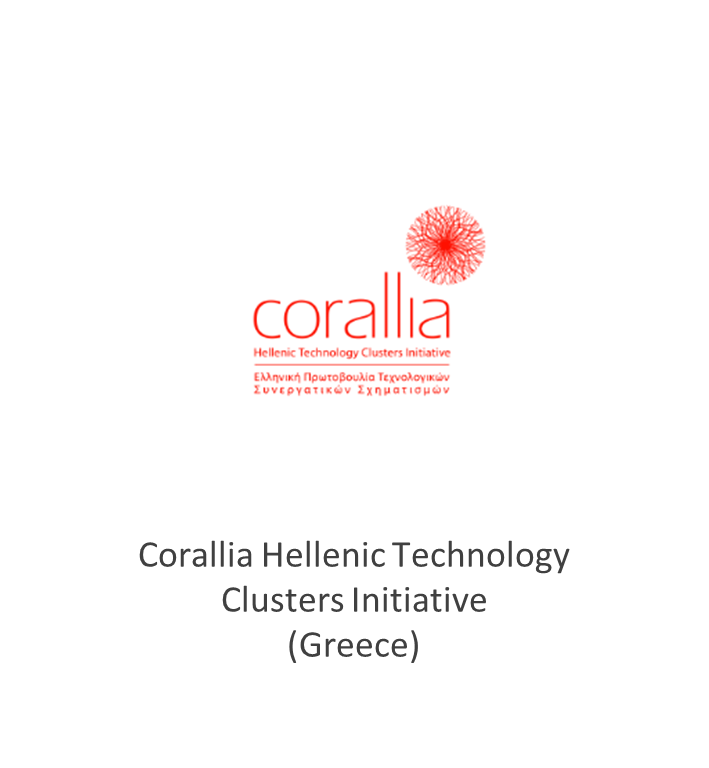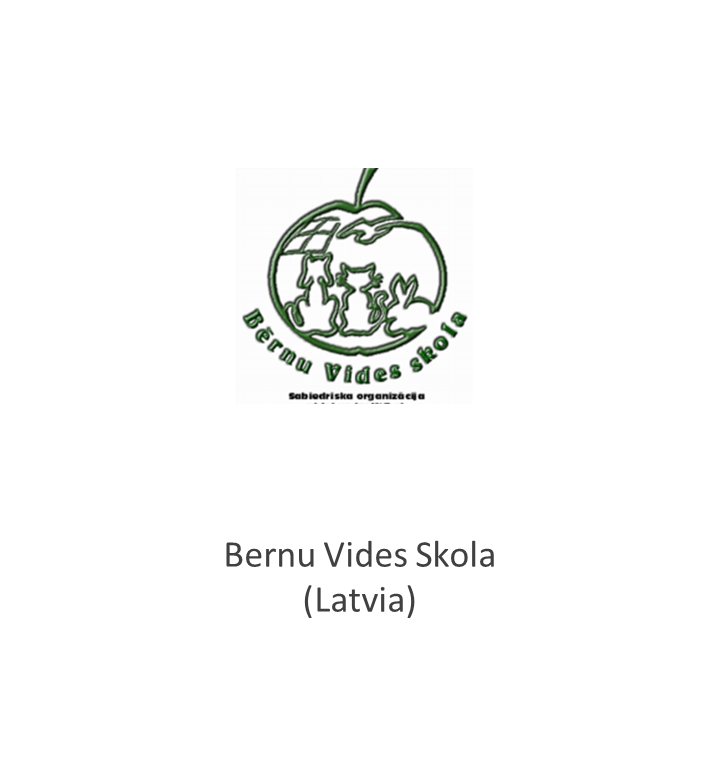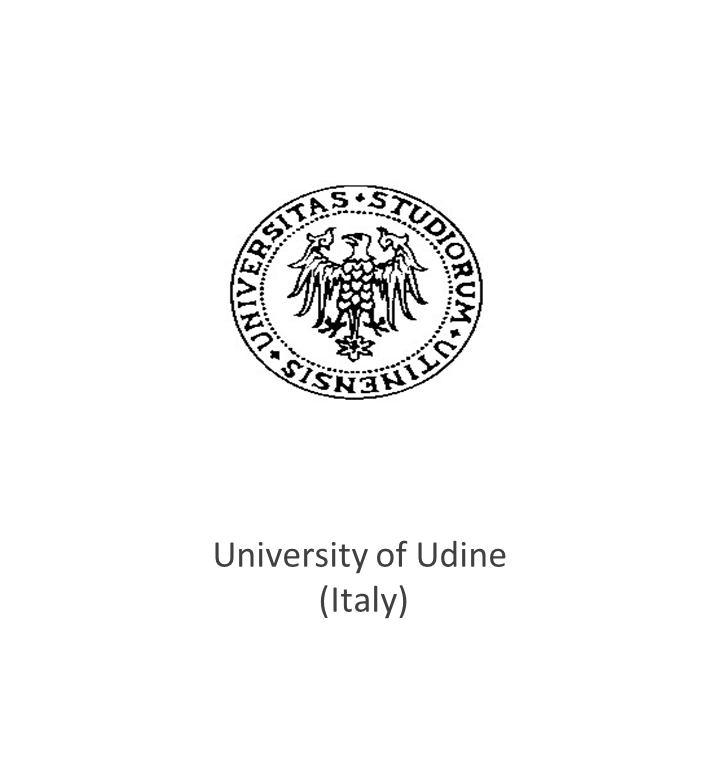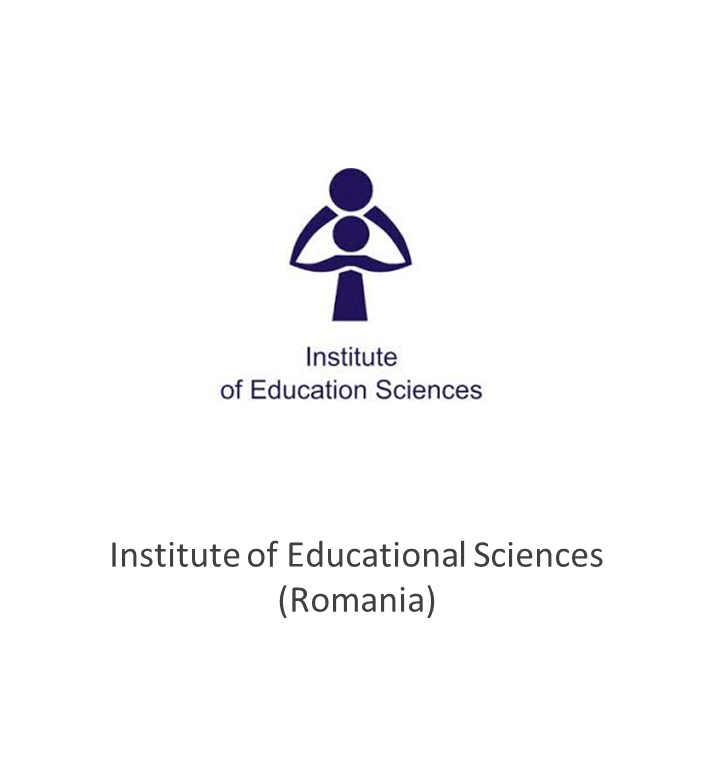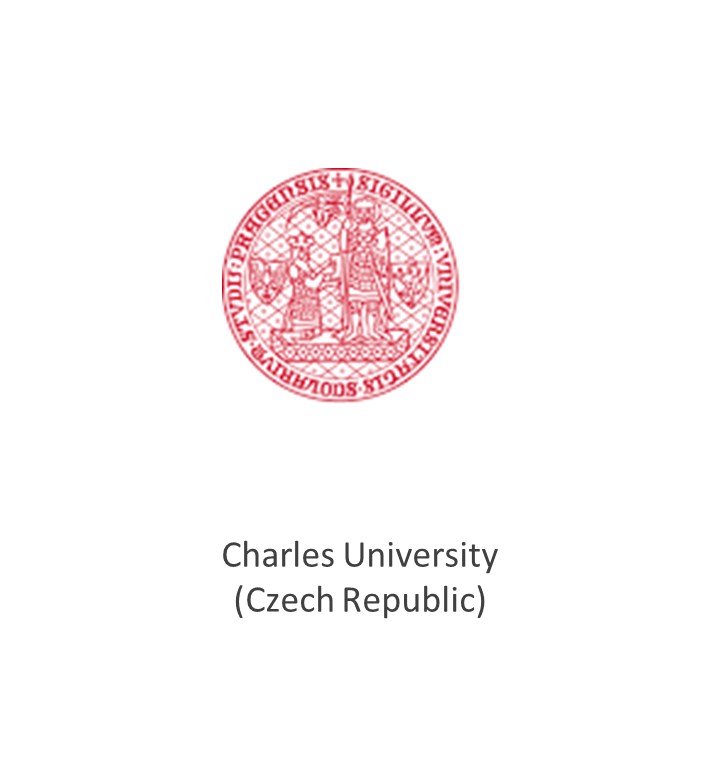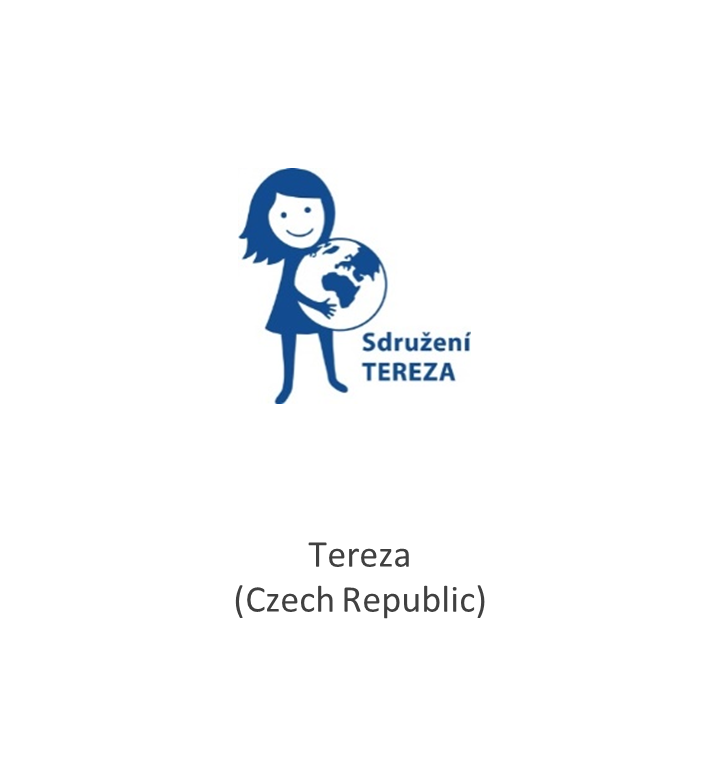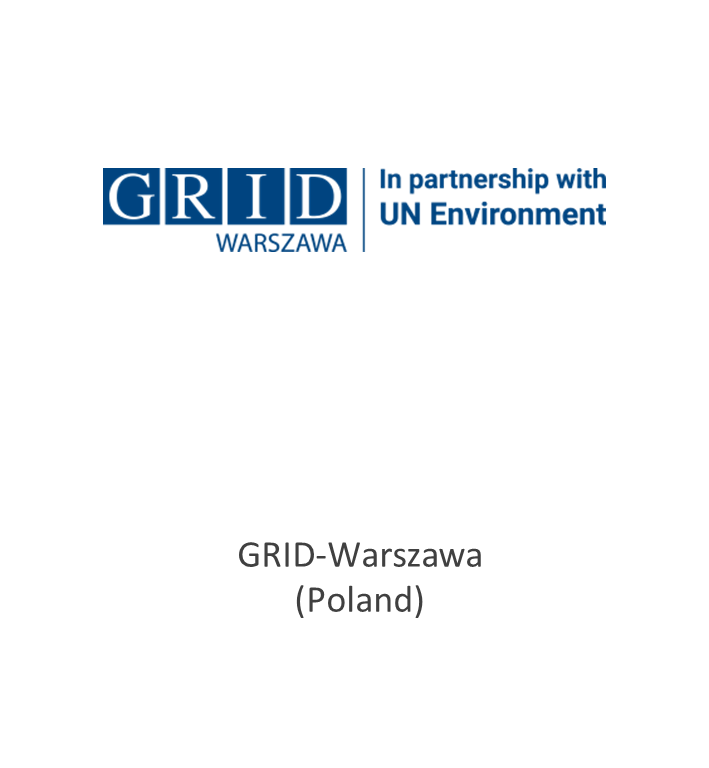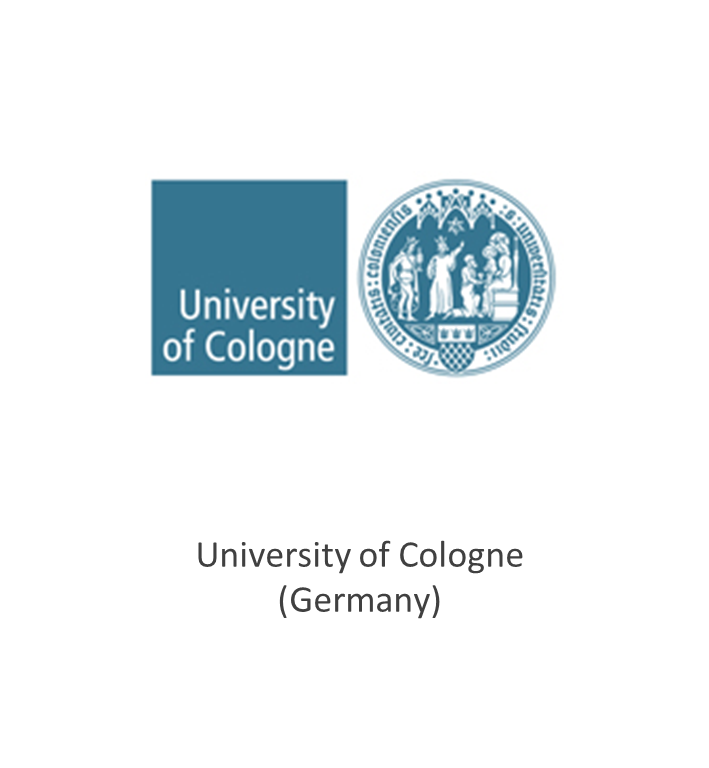How are your projects getting off the ground?
When you are looking for the best solution to your problem, do you use the inquiry-based learning method? Are you unsure? Try it, it’s worth it!
Inquiry based learning has been a part of the PULCHRA project since the beginning, click here to read more .
In an interview with Hanka Svobodová you will learn how she perceives inquiry-based learning from the perspective of a school consultant of the PULCHRA project and what she sees as the possibilities and benefits of using this method in school projects.
Hanka, last school year, you were a consultant for two schools involved in the PULCHRA project in the Czech Republic. What exactly does it mean? How did the cooperation with the school/teachers and students work?
I tried to be a consultant that helps the school achieve the goals set by the students and teachers themselves. It may sound complicated, but I really enjoy it. I always try to motivate teachers to leave as much work as possible to the students. The results may not be as perfect as the teacher would like, but the students learn a lot more when they have to come up with a project, plan it, implement it and evaluate it themselves than when a teacher does it for them. I already knew the teachers of one of the schools from previous projects. The second school was new to me. That made the challenge even bigger. I had to encourage and motivate people I had never seen in person – it’s a shame it had to be during Covid – but I still think that both schools did a tremendous job and I thank them very much for that.
You went through all the phases of the project with a team of students and teachers. In your opinion, what are the most critical points/places where it is good to use the help of an outside consultant?
Having a consultant always comes in handy. They often ask a lot of questions. They can support students and teachers to think more deeply. What do you see as the biggest problem in your community? Have you asked your fellow citizens? What other options do you have to achieve your goal? Who could help you? By asking these questions, the students are getting a clearer image of what they really want and are identifying the possibilities. The most critical thing is always to start, to push for a change among classmates and fellow citizens. And even harder is to keep going when something isn’t going your way – my schools had great plans, but schools closed due to Covid. We were looking at each other only on screens while having to figure out how to do things differently, but still in a way that would make sense for the school and the community and that would be fun for the teachers and students. I have the benefit of having experience from many schools so I can help the teachers and students when they get lost. I can help them with examples of how other schools solved a similar problem, and maybe that inspires the school.
You are a great promoter of inquiry-based learning. Inquiry-based learning is also something that TEREZA uses in its projects. How have you been able to do that with your schools?
Yes, inquiry-based learning (IBL) is a method that I really like. I find it pivotal that IBL develops not only knowledge but also skills and most importantly attitudes of the pupils. We teach children to love nature, to understand it and to help it. IBL is a method that develops children’s motivation to learn. The pupils find things out for themselves, they ask questions, think critically, plan, train cooperation and independence. The curriculum is not presented as ‘ready-made’. The pupils have to think for themselves, they are learning to orientate themselves in sources of information. This is exactly what happened within the PULCHRA project. The pupils found it appealing to tackle a topic in their environment. It was a good start, but they needed to get to the bottom of the problem, to find out what the situation in their community is really like. That’s what IBL really helped with.
In my first school, they focused on waste management. They were researching the locations of recycling bins, whether people lived close by or far away, whether the bins were in good condition. The second school chose research on water. They measured how much rain fell on the school roof. Only thanks to this detailed research were the pupils from both schools able to choose the ideal solution to their problem.
Last year’s projects were influenced by Covid. The school projects starting now will hopefully have better luck. How do you think inquiry-based learning could be used in them?
This year, pupils and teacher can finally do things together. Asking questions about waste is better when you’re standing in front of overflowing recycling bins, in which you can find for example bicycles instead of sorted waste than asking the same questions in front of a computer screen. Pupils will also find it easier to come up with various hypotheses. I think IBL is best used in the first half of a project when you delve deeper into the problem and gather information from the field, from people and from literature. It also helps the pupils to verify the information with their own research and present the topic to others. I believe that this way, more people will want to address the topic with the school and help students take action. By working with teachers on solving real problems, changing things for the better and helping improve the environment around their school, students experience joy and realize that each and every one of us can help make the world a better place.
What would you wish for the students and teachers who are now starting new projects?
The desire to help, the curiosity to discover new things, the patience to overcome obstacles. Don’t forget to take a look back and congratulate yourself for what you’ve done! Last year, everything was more difficult due to Covid and yet, when I think of what my schools have achieved, I’m very proud of them. I wish them that nothing interferes with their plans, that they enjoy working together and that they achieve their goals. Fingers crossed.
We thank Hanka Svobodová for the interview. She is a long-time promoter of inquiry-based learning in schools. She is a lecturer, methodologist, and co-author of the inquiry-based science education methodological materials developed in the TEREZA Educational Centre.
In addition to her work with teachers and pupils within TEREZA Educational Centre programs, Hanka is also involved in sea turtle conservation in Indonesia, and propagation of sustainable travel. Find out more at http://www.saveturtle.net/
